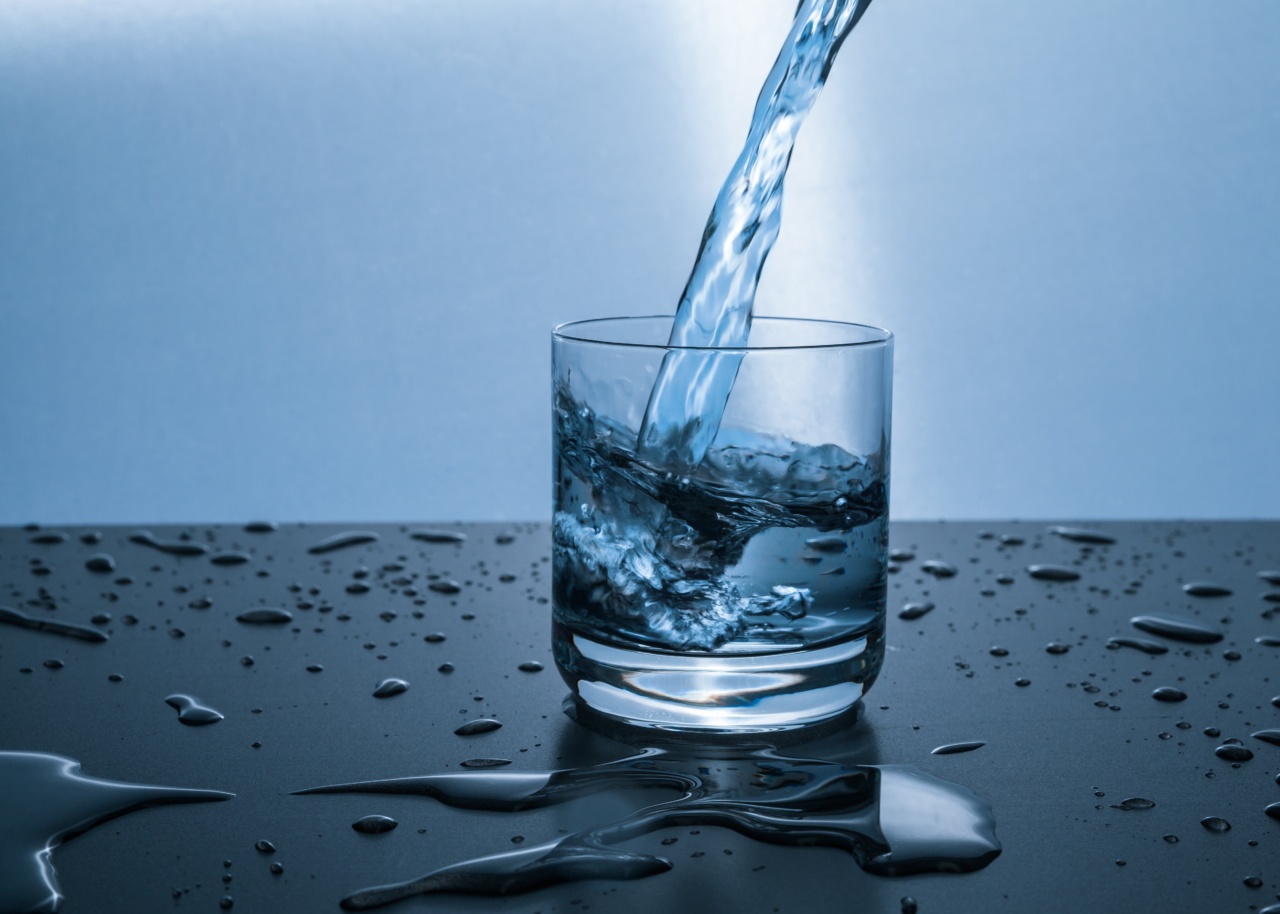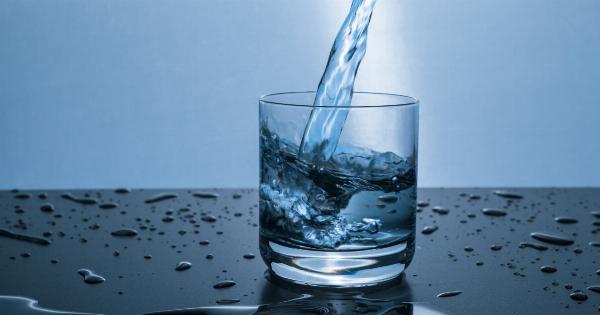Hydration is the process of providing adequate fluids to the body to maintain optimal functioning. While water consumption is undoubtedly a crucial aspect of hydration, it is important to recognize that hydration extends beyond simply drinking water.
This article aims to explore the various factors that contribute to hydration and how they impact our overall health and well-being.
The Science of Hydration
Water is the primary component of our bodies, accounting for about 60% of our total body weight.
It plays a vital role in numerous bodily functions, including regulating body temperature, transporting nutrients and oxygen, lubricating joints, and flushing out toxins and waste materials.
Water and Its Benefits
Drinking an adequate amount of water on a daily basis is essential for staying properly hydrated. Water helps in maintaining the balance of bodily fluids, which is crucial for optimal health and cellular function.
It also helps in digestion, absorption of nutrients, circulation, and saliva production.
Other Sources of Hydration
While water is the most vital source of hydration, certain foods and beverages also contribute significantly to our overall fluid intake. Fruits and vegetables, for instance, contain high water content and can help meet our hydration needs.
Additionally, beverages like herbal tea, milk, and freshly squeezed juices can help replenish our fluid levels.
Hydration and Exercise
When engaging in physical activity, our bodies lose water through sweat. Therefore, it is crucial to consume fluids before, during, and after exercise to compensate for the water loss.
Sports drinks that contain electrolytes can be particularly beneficial during intense workouts, as they help replace the minerals lost through sweat.
Impact of Dehydration
Dehydration occurs when the body loses more fluids than it takes in. This can happen due to several factors, such as excessive sweating, vomiting, diarrhea, or inadequate fluid intake.
Mild dehydration can lead to symptoms like thirst, dry mouth, fatigue, and headache. Severe dehydration, on the other hand, can have serious consequences and may require medical attention.
Signs of Dehydration to Watch Out For
Recognizing the signs of dehydration is crucial for early intervention. Some common symptoms include dark yellow urine, dizziness, rapid heartbeat, dry skin, and decreased urine output.
It is important to address these symptoms promptly by increasing fluid intake, preferably with water or hydrating foods and beverages.
Hydration and Cognitive Function
Studies have shown a clear link between hydration and cognitive function. Even mild dehydration can impair cognitive performance, including memory, attention, and decision-making abilities.
Therefore, staying adequately hydrated is essential not only for physical well-being but also for optimal mental functioning and productivity.
The Role of Electrolytes
Electrolytes are minerals that have an electric charge and are essential for maintaining proper fluid balance in the body. They play a crucial role in muscle function, nerve signaling, and hydration.
Common electrolytes include sodium, potassium, calcium, and magnesium. Consuming foods and beverages that contain these electrolytes can help replenish what is lost through sweat and maintain proper hydration levels.
Hydration and Skin Health
Proper hydration is also crucial for maintaining healthy skin. When the body is well-hydrated, the skin appears plump, radiant, and more elastic.
On the other hand, chronic dehydration can contribute to dryness, flakiness, premature aging, and an increased susceptibility to skin disorders. Therefore, drinking an adequate amount of water and using hydrating skincare products can significantly improve skin health and appearance.
Hydration Tips for Optimal Health
To ensure optimal hydration and overall well-being, here are some useful tips:.
- Drink at least 8 glasses of water per day.
- Include hydrating foods like watermelon, cucumbers, and oranges in your diet.
- Limit the consumption of dehydrating beverages like alcohol and caffeinated drinks.
- Set reminders to drink water throughout the day, especially if you have a busy schedule.
- Keep a reusable water bottle with you wherever you go to encourage regular water intake.
- Monitor the color of your urine to ensure you are adequately hydrated.
- Take breaks and replenish fluids during physical activity or when exposed to hot weather.
Conclusion
Hydration is not limited to the consumption of water alone.
While water is a vital component of staying hydrated, other factors such as the intake of hydrating foods and beverages, electrolyte balance, and the prevention of dehydration play equally important roles. Prioritizing hydration is essential for optimal physical and cognitive function, maintaining healthy skin, and overall well-being.































